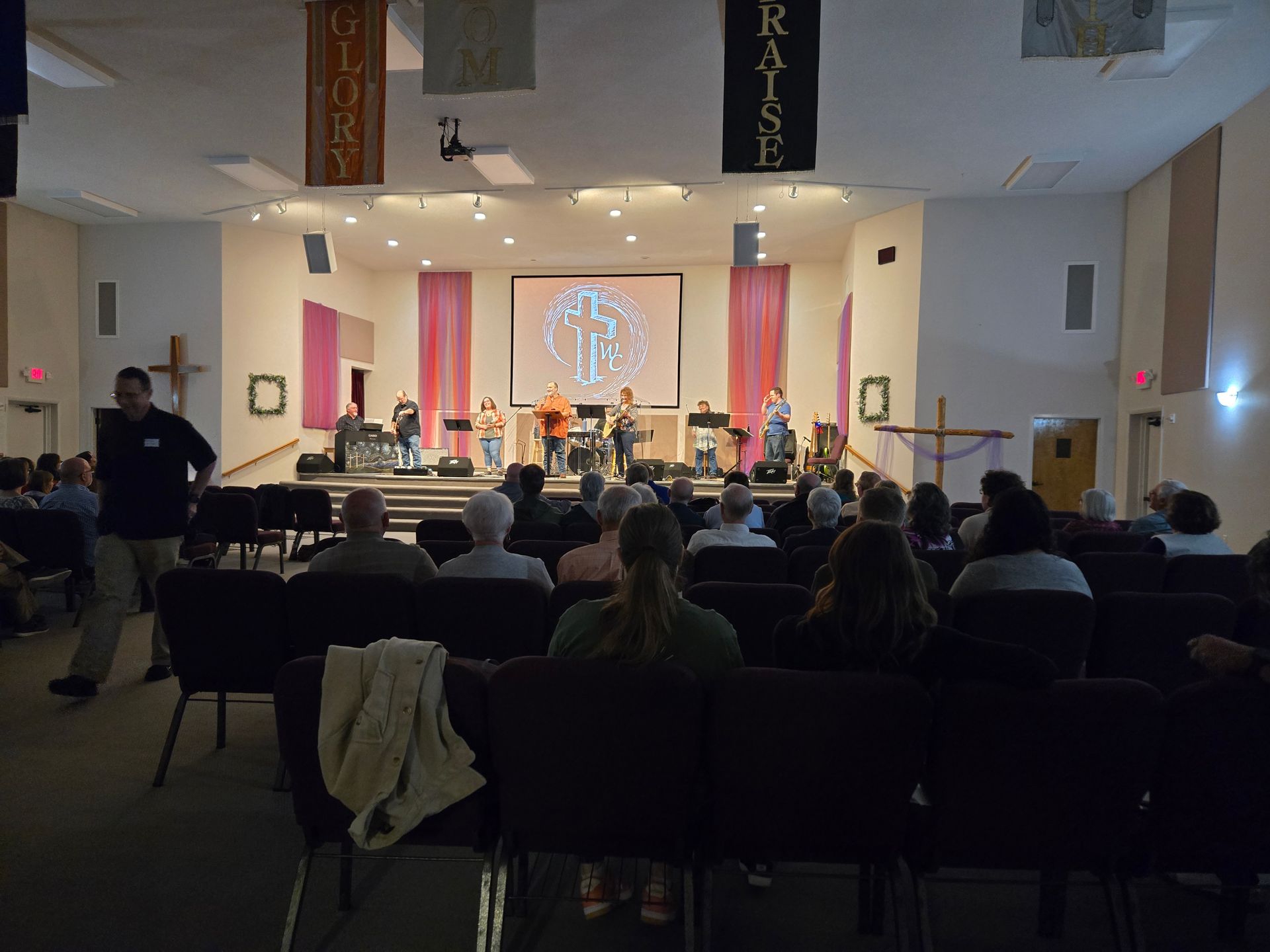Need Oriented Evangelism
Every church wants to grow. This does not mean that growth is the goal. Church growth in attendance and spiritual maturity are like thermometers; they are indirect indicators that good things are happening. Need-oriented evangelism is one of the thermostats; it directly changes the level of church health. It is critical enough that in a Natural Church Development Survey, it is one of the eight drivers of health that we measure.
What exactly IS need-oriented evangelism? Remember opening presents at Christmas? You open a gift, and you think, “why did they get me THIS?” It might be the wrong size, or color, or something you have never imagined using. You appreciate the thought, but you feel like the giver just didn’t take the time to know you. You open another gift, and you immediately know it was from someone who knows you, it might not be big or expensive, but they obviously know you and want you to need and enjoy the gift indeed.
Need-oriented evangelism is like that great gift. Everyone needs the saving grace of Jesus Christ, but they come from many different situations, and each has a different receptivity to the gospel message. There are several old sayings that communicate this, like “Empty stomachs have no ears,” and “They won’t care what you know until they know you care.” Traditional understandings of evangelism presume everyone is ready to hear, or that one method fits every situation, or that it is the job of only “gifted” or trained people. Need-oriented evangelism understands that sharing the gospel is being Jesus to other people at their point of need. It is living out the reality of a Christ-centered life to those around you. It is both walking the walk AND talking the talk. It isn’t waiting for people to come to the church so the pastor can convert them, it is intentionally going out into the community, living out the redemptive love of the gospel with such grace and clarity that people are drawn to understand and embrace it.
This type of evangelism can be done in many ways. A church can get involved by supporting local charities, becoming a clearinghouse for volunteer activities, finding areas of need in their community and developing whole new ministries to meet those needs. Small groups can work with Habitat for Humanity and other charities, or address the needs of group members, their co-workers or their neighbors. Individuals can be encouraged to look around their neighborhood with the eyes of Christ, seeing needs and choosing to help meet them. Need-oriented evangelism is not a program; it is a culture of care that commits to caring for those locally, nationally, and globally. It is the place where historical understandings of missions and evangelism are merged into a kingdom movement that changes lives and communities.
Many of the “stories of the week” that are shared are stories about need-oriented evangelism. Many Brethren churches are moving to become better connected and responsive to their community’s needs, and as a result, see not only lives being transformed as they come to know Christ, but Christians being changed as they experience the joy and excitement of being an expression of Jesus’s love to their world. Mobilize would be happy to help you, your small group, or your church with additional ideas. Just Ask!










